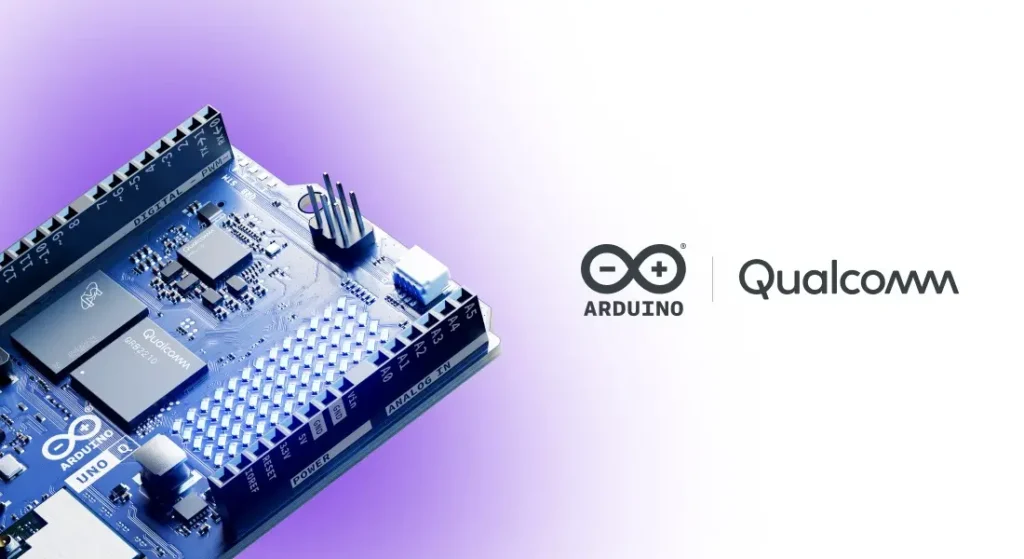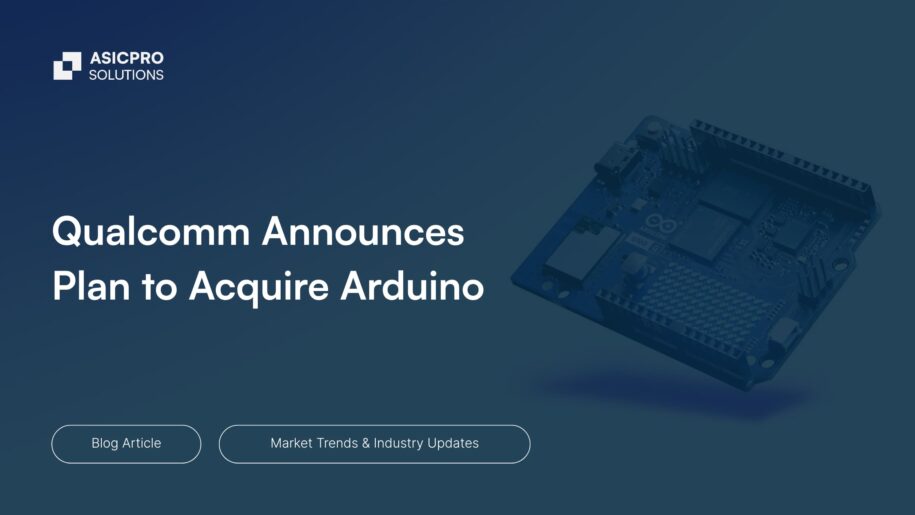Qualcomm Announces Plan to Acquire Arduino

On October 7th, 2025, Qualcomm Technologies announced its planned acquisition of Arduino, the open-source hardware and software pioneer. The move promises to make edge AI and embedded development more accessible to millions of developers worldwide.
While the acquisition doesn’t directly touch ASIC design workflows, it holds significant implications for embedded prototyping, AI experimentation and system-level innovation – areas closely adjacent to pre-silicon and verification workflows.
Bringing Qualcomm’s AI Power to the Arduino Ecosystem
According to the official release, this acquisition will combine Qualcomm’s high performance processors, AI capabilities and connectivity technologies with Arduino’s global developer community of more than 33 million active users.
Arduino has long served as a go-to platform for rapid prototyping, education and early-stage development, from hobbyist projects to commercial IoT applications.
Arduino UNO Q: Duel-Brain Board for Real-Time AI
The first major hardware result of the collaboration is the Arduino UNO Q, a next-generation “dual-brain” board featuring:
- A Linux Debian-capable processor for high-performance applications
- A real-time STM32U585 microcontroller for deterministic embedded control
Powered by the Qualcomm Dragonwing QRB2210 processor, this hybrid architecture allows developers to bridge AI compute with real-time control, unlocking new use cases in vision, sound recognition and industrial automation solutions.
Arduino App Lab: Unified Development Across AI & Embedded Systems
Alongside UNO Q, the Qualcomm Arduino announcement introduced Arduino App Lab – a new integrated development environment (IDE) designed to unify the Arduino journey across Real-time OS, Linux, Python and AI workflows.
App Lab enables developers to rapidly prototype, test and deploy AI-powered solutions through a single, seamless interface.
Key features include:
- A unified experience across embedded and AI domains
- Ready-to-use Arduino Apps and Bricks to jump-start development
- Edge Impulse integration for training and optimising AI models using real-world data
From object identification and sound recognition to anomaly detection, App Lab makes it easier to take ideas from the lab or the classroom into real-world deployment.
What’s next for Qualcomm & Arduino?
Qualcomm’s planned acquisition of Arduino reflects a growing trend: lowering the barrier to entry for AI-at-the-edge development. With the introduction of powerful, affordable boards like the UNO Q, developers can begin to focus more on exploring AI-enabled applications, test algorithms on real hardware, and iterate rapidly before transitioning to more advanced or custom silicon.
“The launch of UNO Q is just the beginning—we’re excited to empower our global community with powerful tools that make AI development intuitive, scalable, and open to everyone,” said Fabio Violante, CEO of Arduino.
This acquisition, alongside Qualcomm’s investments in Edge Impulse and Foundries.io, signals a clear strategy: enabling faster, more accessible innovation across the entire edge AI development pipeline
Follow us on LinkedIn to stay up to date with news/trends from across the world of semiconductors and embedded development.

